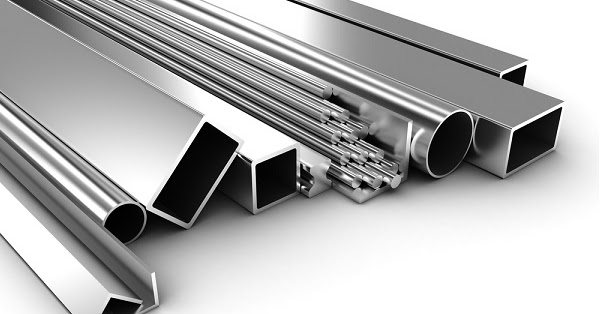Alloy steel is steel that is a mix of a metal and another component in overall amounts in between 1.0% and 50% by weight to enhance its mechanical homes. The following is a range of enhanced properties in alloy steels (as compared to carbon steels): strength, firmness, toughness, wears resistance, deterioration resistance, http://www.bullionpipe.com/our-product/super-duplex-steel-products/super-duplex-steel-buttweld-fittings/super-duplex-steel-uns-s32760-buttweld-fittings-supplier/ hardenability, and hot solidity. To obtain some of these enhanced residential or commercial properties the metal might need heat treating. The alloy steel pipe adopts premium carbon steel, alloy structural steel and stainless & heat resisting steel as a raw material through hot rolling or cold drawn to be made.
Advantages of Alloy Steel Pipeline
Heat Resistance:
Some alloys steel can last even in severe conditions and high temperatures. For instance, nickel-chromium alloys that are made from over 15% chromium have been used at a temperature that exceeds 760 Celsius. This ability to withstand heat makes alloy pipeline a material which can be used in makers or structures that produce extreme temperature levels. The most essential applications of ASTM A335 Gr P1 Alloy Steel Water lines are in power station, atomic power plant, high-temperature boiler, high-pressure superheater and re-heater coil and so on of high-temperature pipeline and equipment.
Low-Expansion:
Some nickel-iron alloys have an incredibly low rate of thermal expansion or a very consistent and foreseeable pattern of growth in particular temperature level ranges. This makes them helpful when a pipe that can maintain a consistent shape and size regardless of hot environments is needed. For example, Iron-36% nickel alloy nearly doesn't broaden at all during moderate changes in temperatures when cobalt is contributed to the nickel and iron; we get a high-strength alloy that has a consistent modulus of elasticity and a low coefficient of expansion.
Shape Memory:
Often, a metal material is required that can go back to its previous shape when it experiences heat. This type of metal is called a shape memory alloy, and there are extremely couple of metals readily available in the market which can return to its shape. Some nickel alloys, have this particular, and nickel-titanium alloys is one of the most prominent shape memory alloys.
Rust Resistance:
When metals come in contact with oxygen, they can go through oxidation reactions. This, in turn, causes deterioration. Nickel, however, has a slow rate of oxidation, which makes nickel alloys more resistant to rust than the majority of other metals. This enables them to keep their quality for a longer time than other metals, specifically in marine environments where corrosion is the particular problem. Thus Alloy Steel P5 Seamless Pipeline made of nickel alloy is utilized in marine environments
Magnetic Permeability:
Permeability is the degree of capability of a material can support the development of a magnetic field within itself. Hence, it is the degree of magnetization that a product obtains in response to a used electromagnetic field. Nickel-iron alloys likewise have distinct and intriguing magnetic permeability characteristics. This has enabled them to end up being an essential component in designs for switchgear along with direct current motors and generators. These advantages have actually made nickel alloys a popular metal in a number of applications, including:

The petrochemical industry
Aircraft turbines
Medical engineering
Steam turbine power plants
Nuclear reactor
Recyclable:
The http://edition.cnn.com/search/?text=steel alloy steel pipeline is 100% recyclable; and hence it appropriates for the national technique of environmental management, energy-saving, and resource-saving. Therefore, the nationwide policy motivates the application of the high-pressure alloy steel pipes.